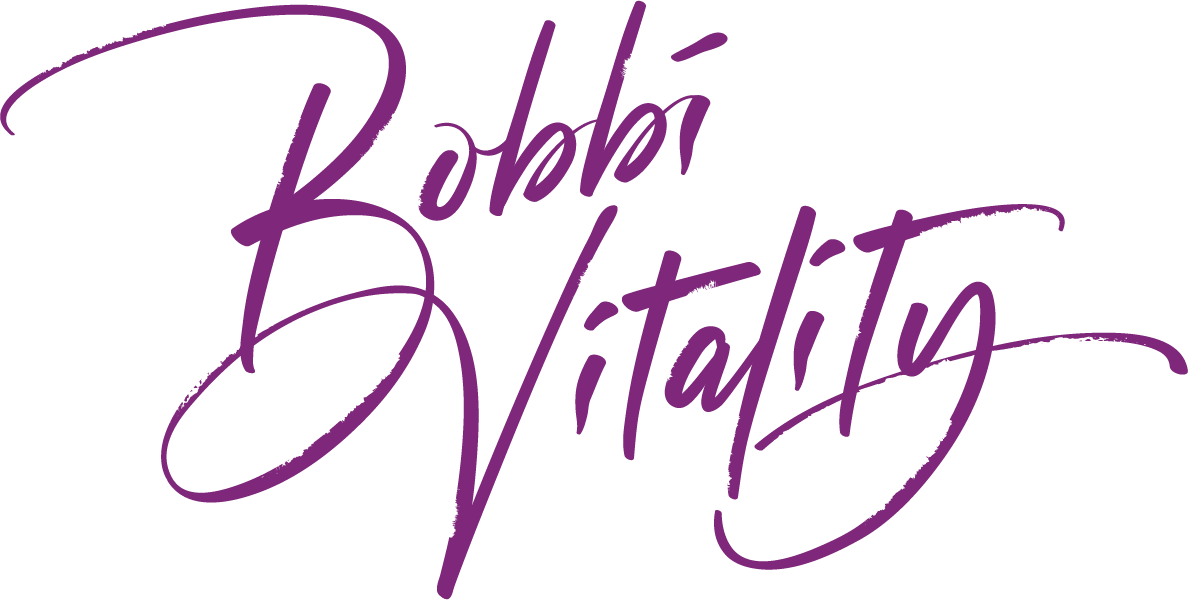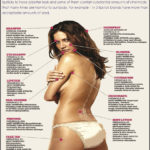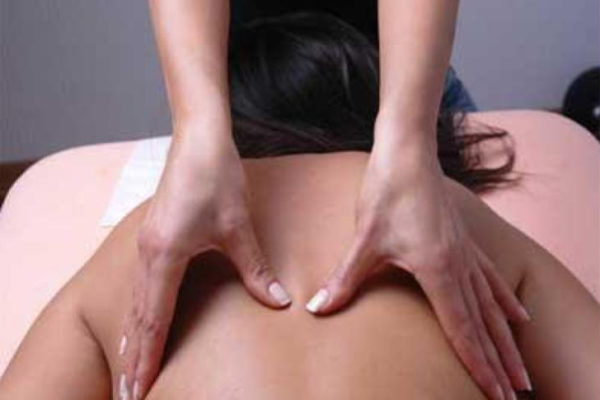Practically everywhere you turn nowadays some new marketing hype or a new advertising campaign is telling you how you can anti-age. We hear of longevity drinks, creams, wrinkle cures, baths, spas, etc. The truth is that there is no easy, quick way to bring about longevity, no magic pill, cream, potion, or lotion. The purpose of this article is to educate you regarding true longevity.
The absolute truth is that the aging process can be measured, arrested, and even reversed. We can actually get better with age. Charles Kettering said, “My interest is in the future because I am going to spend the rest of my life there.” We should all be more interested in our future well-being than in our past. Getting older can mean getting better. Adopt the mindset that says, “The best is yet to come!” As you grow older, you will grow wiser and you can get better, stronger, and leaner. We do not have to lose muscle, gain fat, feel tired, and give up and give in to aging. If we choose, we can look and feel good for life. The secret for you is in the mindset you chose to adapt and the lifestyle that you choose to live.
Many times in our society we associate aging with deterioration of health, with the body getting sickly or falling apart. Aging tends to have a negative connotation. It is time to change these false beliefs and wrong mindsets. Looking forward to growing old can actually make you live longer. In fact, a positive attitude about aging can add a surprising 7.6 years to your life according to a Yale University study that tracked the health and attitudes of 660 adults. Having a
positive attitude about aging is more important than low blood pressure or cholesterol says psychologist Becca Levy, Ph.D., the study’s lead author. Having a positive attitude also has a greater impact than having a lower body mass index, having no history of smoking, or engaging in regular exercise.
How can you go from being unenthusiastic to being optimistic about aging? Consider those later years to be a time when you can finally do all of the activities that you have always wanted to do because you no longer have parenting or work responsibilities demanding your time. Not only that, but with the advancements of modern medicine, you will face far fewer age-related health problems than did your parents or grandparents.
Many cultures in the world revere and celebrate the elderly. They understand that aging brings wisdom and thus the aged are greatly respected. What you believe about aging will be a large factor in determining how fast or how slow you age. Look forward to it. See it as a point in your life when all of your skills and your wisdom are finally mature and when you finally have time to use your skills and your wisdom to accomplish those things that you never seemed to be able to do before. Stu Mittleman says, “We are not limited by our old age; we are liberated by it.” That is the sort of attitude that will make your latter years vibrant and fulfilling.
You are a spirit being who possesses a soul, but you live in a physical human body. At least from a physical standpoint, the aging process is inevitable. Your biochemistry and your physiology naturally change as the decades pass by, but you do not have to sit back and watch your health and vitality quietly fade away. No matter what your current age and physical condition may be, with proper care and physical attention you can regain and maintain an acceptable level of fitness. If you focus on the right combination of good nutrition, regular exercise, and activity that really causes your heart to pump, you may find yourself healthier at age 45 or 55 than you did at 25. The secret is to start right now wherever you are and never, never stop.
Consider the difference between chronological age and biological age. Your chronological age is determined by your date of birth. You can do nothing to change that. It is on your birth certificate. It is on your driver’s license. When people celebrate your birthday, they remind you of your chronological age. It is what it is. Your biological age, however, is more complex and can be measured by a series of physical and mental health factors. It is determined by measuring a set of “biomarkers” that are definitely within the control of most people. Some of the most significant vitality markers of aging can be affected, arrested, and reversed.
In the book, Biomarkers, The Ten Keys to Prolonging Vitality, William Evans, PhD and Erwin Rosenberg, MD outline a comprehensive longevity plan designed around ten key physiological factors that can impact your aging process. The authors base this upon evidence from the USDA Human Nutrition Research Center of Aging at Tufts University. All of the factors have less to do with the passing of years, they say, than with the combined effects of inactivity (lack of
exercise), poor nutrition habits, and avoidable illnesses (lifestyle illnesses). These authors clearly state that the ten most important biomarkers of vitality, all of which can be altered by adapting the right mindset and some simple lifestyle changes, are:
● Lean Body Mass
● Strength
● Basal Metabolic Rate
● Body Fat Percentage
● Aerobic Capacity
● Blood Sugar Tolerance
● Cholesterol/HDL to LDL Ratio
● Blood Pressure
● Bone Density
● Body Temperature Regulation







